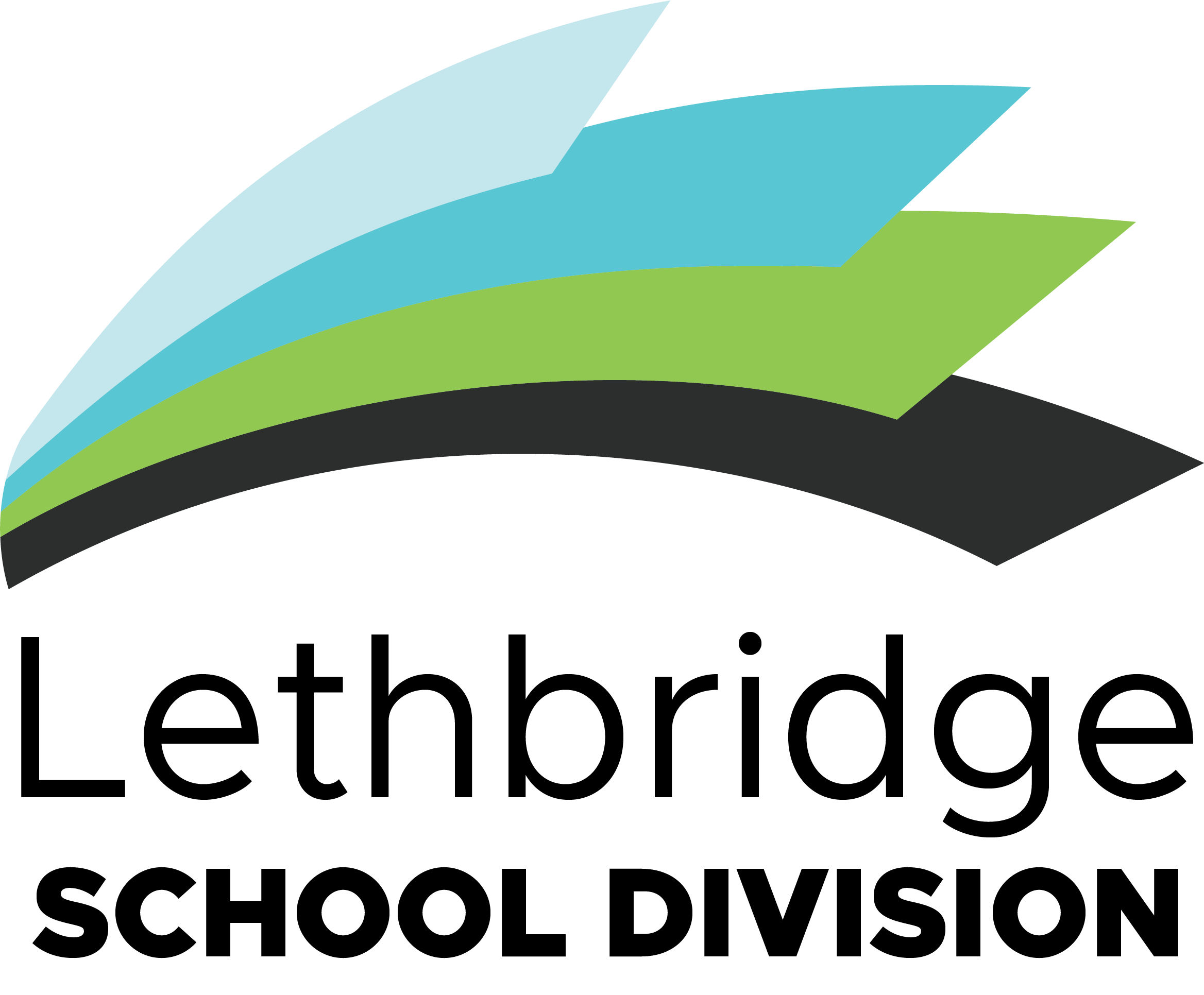
French Immersion works. Immersion takes advantage of a child's ability to learn languages easily. It builds on children's openness to new situations and experiences. Immersion teaches children to use French to communicate. Best of all, Immersion does this without interfering with or harming the development of skills in the first language.
Canada has been responsible for the creation of the influential educational model of Immersion: a model which has been used in Australia, Finland, Hong Kong, Singapore, Spain and U.S. Immersion classes are still visited by those who observe the students and emulate the methodology. Canada is a world leader in Immersion and our resources and methodology have traveled around the world. Canada now has more French-English bilingual citizens than ever before. Most bilingual French-English Canadians are between the ages of 18 and 25.
This is, in large part, a credit to the openness and accomplishment of this first generation of French Immersion students and to the foresight of their parents.
French Immersion benefits most children
Can any child learn through the Immersion program? With rare exceptions, the answer is a resounding yes. In the early days, the children tended to come from relatively high socio-economic and academic backgrounds. As the program has grown, the classes have become less homogeneous and the early charges of elitism have dissipated. Immersion has always been open to everyone. There are no entrance requirements, much less entrance exams.

There are many benefits to an individual who has graduated from the French Immersion program. No one can question the advantage of knowing two languages, of being able to communicate with members of another language group, of being able to appreciate and take part in another culture. These intangible benefits to the individual also make our society better.
Whenever we talk of benefits today, we must talk about economic benefits. There are benefits to our economy from the ever-increasing number of young Canadians who are learning two languages at the same time. French Immersion students learn more than the mechanics of the language. They learn how to learn another language. These skills can be applied to learning other languages. These young men and women become open to new ideas. They are comfortable being introduced to a new culture, a different way of doing things, a uniqueness in approaching learning and a willingness to try new situations. This flexibility and appreciation of others can only help a nation such as Canada, which relies so heavily on international trade for its economic prosperity.
 We have now reached the point at which some of the original Immersion students are now parents themselves. By enrolling their own children in Immersion programs, they confirm their belief in French Immersion.
We have now reached the point at which some of the original Immersion students are now parents themselves. By enrolling their own children in Immersion programs, they confirm their belief in French Immersion.
In Canada, it is clear that the logical second language is French so all Canadians can talk to each other. The most difficult language to learn is the second; other languages come more easily. As the mother of two children who have been through the program, I know that French Immersion provides a wonderful chance to allow a child to increase skills and therefore to prepare for the future. Thanks to the efforts begun thirty years ago, it is a gift with life-long benefits that we can give our children -- the ability to speak English and French.
French Beyond High School
When immersion students graduate from high school, they should have reached a level of proficiency that allows them to enjoy the benefits of bilingualism. But what is there to do in French beyond high school.
Consider further studies in French:
- All Alberta universities offer French courses such as literature and linguistics. Some offer a year in France!
- Campus St. Jean, offers a unique bilingual environment and French language instruction in BA BSc and Bed programs as well as Master and diplomas programs in Education. First-year engineering students can also study at the Campus.
- Campus St. Jean offers Canada’s only bilingual commerce program.
- NAIT offers a full-time bilingual business administration program and evening courses in business communications and marketing.
- The University of Calgary offers a variety of undergraduate course taught in French as well as a Certificat d’études franchises.
- The University of Lethbridge Modern Languages Department also offers courses taught in French. Many of our own teaching staff have graduated from our local University Education program.
Alberta Learning offers fellowships to students with high academic standings to pursue post-secondary studies in French. Call 467-8640 or visit www.alis.gov.ab.ca/scholarships.


